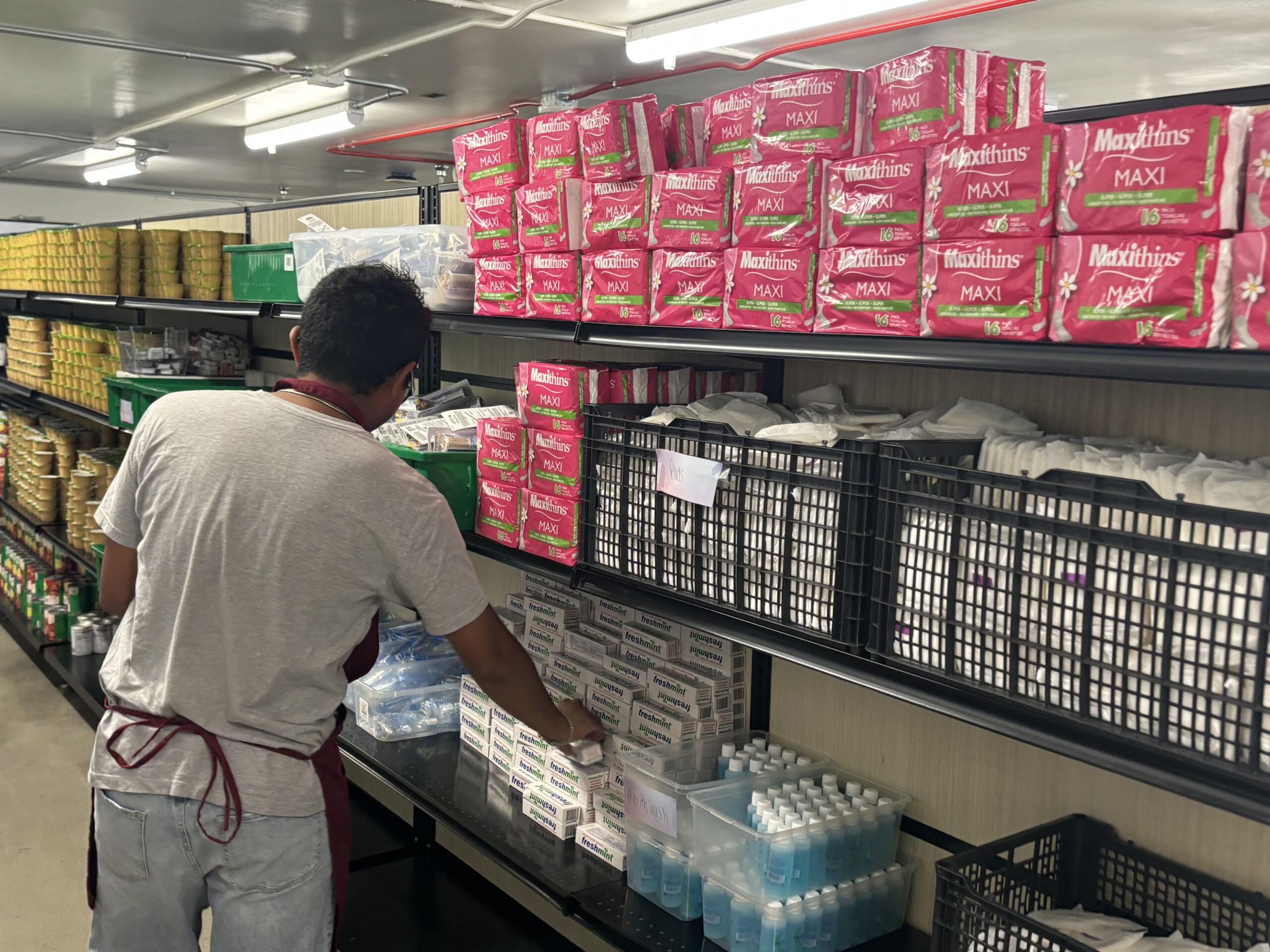By Terynce Garner, Staff Reporter
Food insecurity is a concern for students everywhere, and while CSUDH has taken steps to address the issue here on campus, Toros could use more support to ensure their success. Teddy’s Pantry and the Campus Urban Farm – two university programs that provide food and basic necessities to students free of charge – are great, but additional funding could help them reach more students in need. Doing so would go a long way toward ensuring students don’t have to make a tough choice between pursuing their education or finding their next meal.
Sadly, that was an all-too-real scenario for one public relations senior Toro who spoke to me for this article.
“Teddy’s Pantry has been a big help during times when my money is tight, but sometimes it’s not enough,” said the student, who asked to remain anonymous. “If the university could put more money into it, it would go a long way to help.”
This experience is not unique. In 2023, a California State University survey suggested that at least 41 percent of all CSU students experienced food insecurity. Although the current resources available at CSUDH are useful, they likely don’t go far enough to address the increasing needs of students on campus.
Still, the programs currently available are doing the best they can with the resources they have. Teddy’s Pantry, for example, has shelves stocked with instant noodles and other ready-made meals, as well as essential hygiene products. Students can access the pantry by registering online and answering a few questions about their needs. Students can also use the intake form to learn more about enrolling in the CalFresh benefits program.
The pantry gives students 15 points a week to “purchase” groceries. According to Giselle Corral, the food access coordinator at Teddy’s Pantry, approximately 150 to 200 students benefit from the service every week – up from about 100 people during the Spring 2024 semester
“Hopefully, when the time comes, students get to shop inside the pantry – not just us getting them orders – for them to have a store-like feel,” Corral said.
Likewise, the Campus Urban Farm not only supports Toros by providing fresh vegetables and basic goods, but by educating them about sustainability. The farm donates its produce and products to Toro CARE, a program that supports students experiencing the stress of knowing where their next meal is coming from.
“We’re trying to bridge that gap between financially being able to access healthy food and fresh food,” said Jose Avalos, the manager at the Campus Urban Farm. “People’s salaries are not increasing, but the price of everything else is – so whatever we can do to try and alleviate that, we’ll do.”
CSUDH offers meal plans that cost between $100 and $500 per semester, but this price point might still be a barrier for some students. As a result, they’d have to rely on Teddy’s Pantry to save money. Additional funding would help expand the reach of both the pantry and the farm, providing more options to Toros.
There is a lot more that CSUDH can and should do to curb food insecurity on campus. While programs like Teddy’s Pantry and the Urban Farm are filling gaps to support students, they can only do so much.. CSUDH is investing quite a bit into improving the campus culture and image, but perhaps the university should consider directing more funds to develop similar programs like Teddy’s Pantry and the Urban Farm. After all, students should be busy satisfying their hunger for knowledge, not searching for their next meal.

